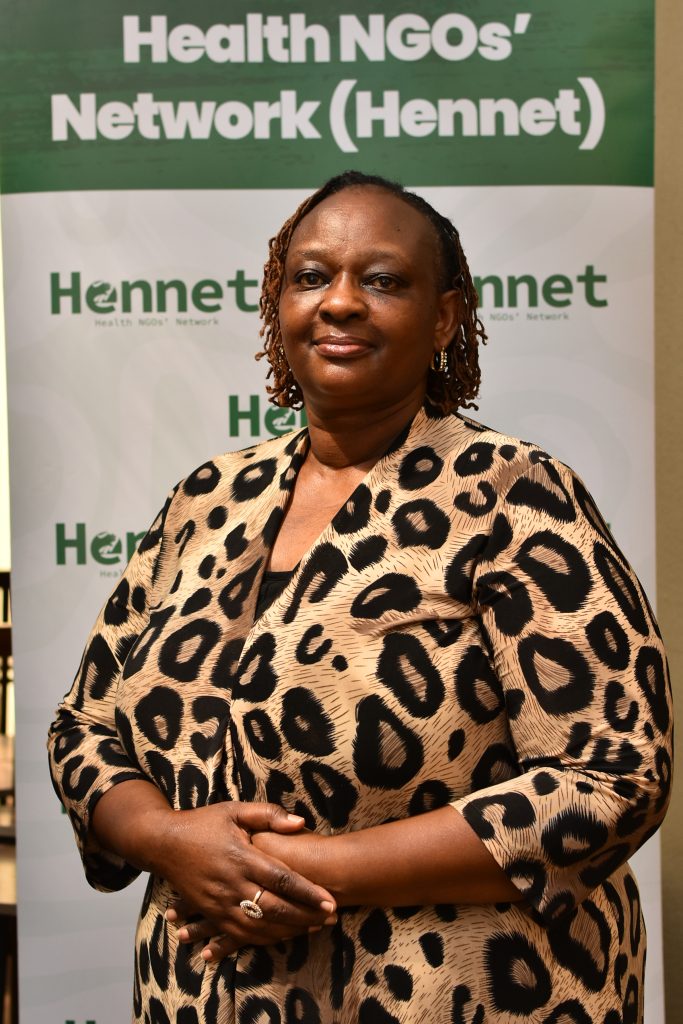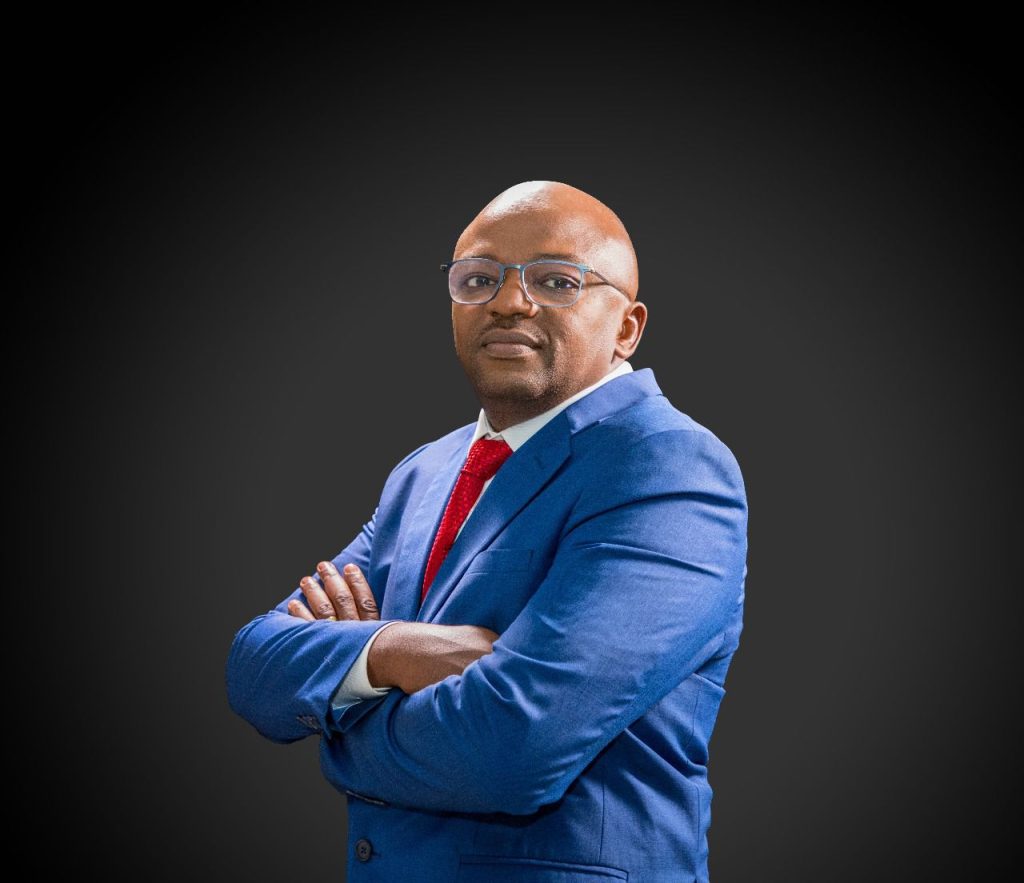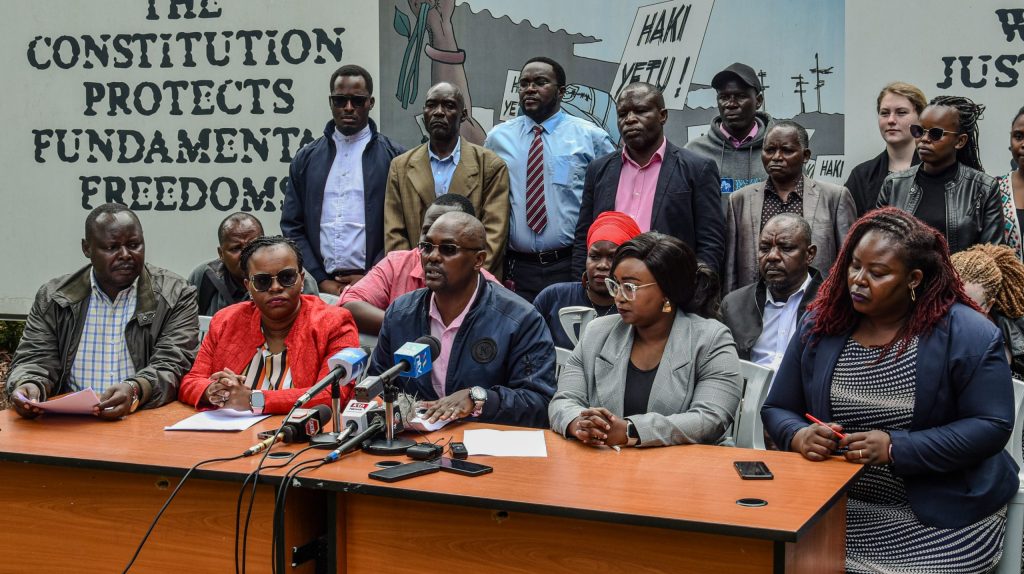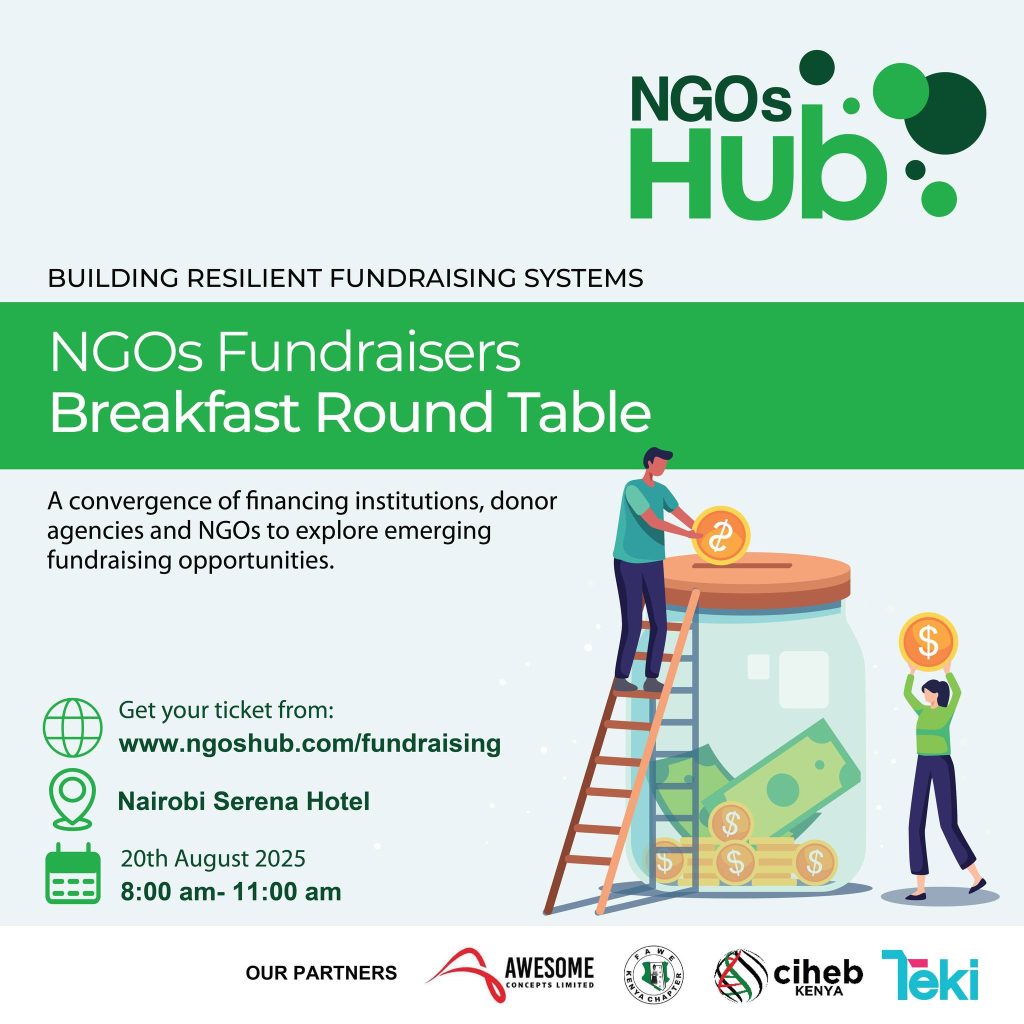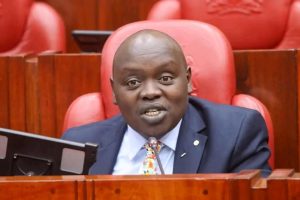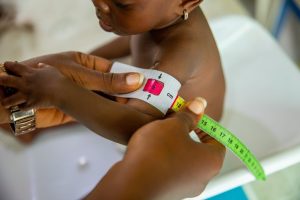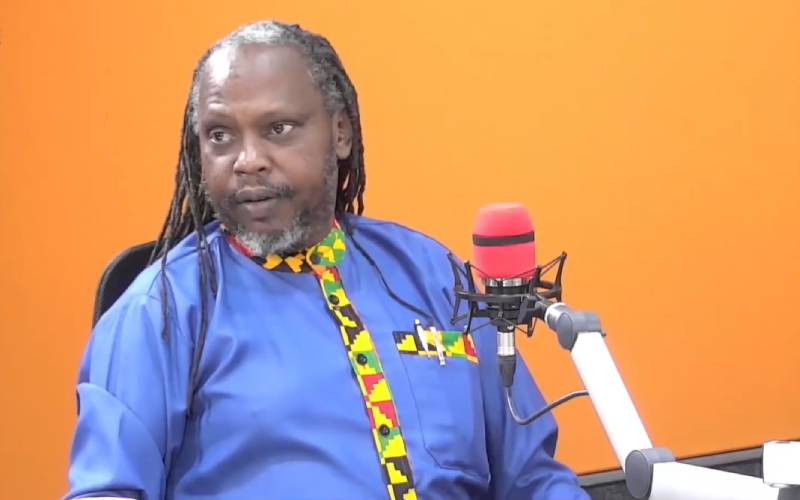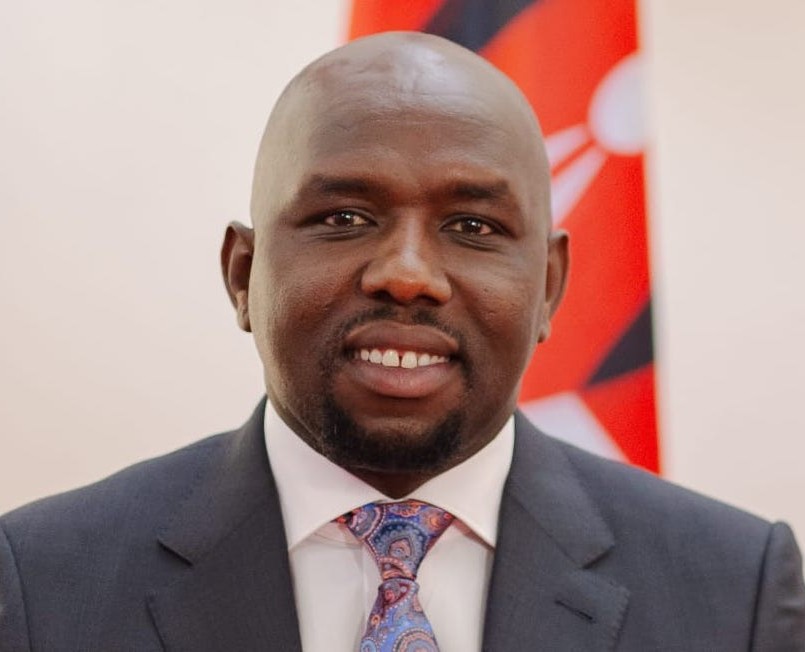By Wahome Ngatia
When Dr. Margaret Lubaale walked into the dusty, single-room office of HENNET on her first day in 2008, she almost turned around. With only one donor and a Ksh 20,000 budget, there was little reason to believe in the future of the Health NGOs Network. But one hand-drawn emoji and a heartfelt note changed everything.
Today, HENNET has grown into a powerful health advocacy network with over 115 member organizations, a multi-county presence, and an annual turnover exceeding Ksh 129 million.
NGOs Hub sat down with Dr. Lubaale to reflect on HENNET’s recent win as Best NGO Partnership of the Year, the journey so far, and her bold vision for Kenya’s healthcare future.
Congratulations on winning Best NGO Partnership of the Year! What does this recognition mean to HENNET?
It validated our mission and the relationships we’ve built over the years. This award empowered us to speak more confidently to our partners. It reminded us that we deserve to be at the tables where big decisions are made—and that we must bring our A-game.
How did it feel to be honored?
Truly humbling. We were up against organizations doing incredible work, and winning felt like an underdog victory. It affirmed that our years of quiet networking and consistent advocacy have not gone unnoticed.
What do you think made HENNET stand out to the judges?
Our response to a vaccine crisis in Garissa. We were losing 41 out of every 1,000 infants due to a measles outbreak, worsened by a national vaccine shortage after GAVI pulled its funding.
We mobilized grassroots champions via WhatsApp to assess clinic shortages. Using their data, we lobbied the Ministry of Health—and in the following budget cycle, then-CS Susan Nakhumicha allocated Ksh 1.25 billion for vaccines. That intervention saved lives.
How did you become HENNET’s Executive Director?
I was working at Pathfinder International when a colleague on HENNET’s board encouraged me to apply. I initially declined—I was comfortable. But she persisted. I applied out of courtesy and was eventually appointed.
And your first day?
It was disheartening. One dusty room, one donor, and Ksh 20,000 to work with. I seriously considered resigning.
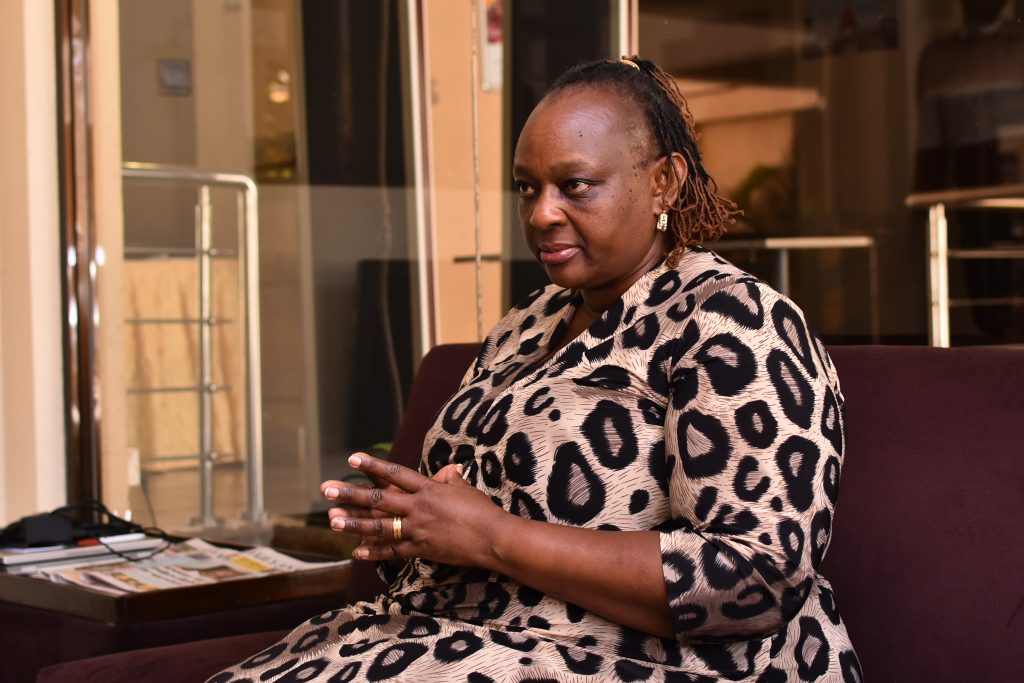
What changed your mind?
On my desk was a simple drawing of a smiling emoji with the words: “Welcome Margaret. We’re so glad you came.” A colleague wrote it. That tiny act carried the weight of their hope—and I stayed.
How did you grow HENNET from there?
We started with renovations to make the space feel dignified. Then I diversified funding. Our breakthrough came with a $1 million grant, which allowed us to hire more staff and expand.
From 3 staff members to 19, from 15 paying member organizations to 115 today. We now operate in eight counties and own our office, which we sub-let to generate revenue.
What ensures you maintain high standards?
We hire competent staff and maintain a rigorous monitoring and evaluation framework. We gather feedback regularly and engage consultants and think tanks to enhance our programs.
What are HENNET’s priorities this year?
Strengthening our grantees in all eight counties. Budget advocacy is a big focus—we’re training partners to analyze county budgets and lobby for increased health allocations.
We’re also pushing for HIV coverage under the Social Health Authority (SHA), while supporting locally funded healthcare systems that don’t rely on donor aid.
Why are you so passionate about SHA and SHIF?
Because Kenya must take care of its own. SHIF can ensure universal health coverage, particularly for diseases like HIV/AIDS, which still rely on foreign aid. It can move us from curative to preventive healthcare.
We need to invest in early detection, not just medication. If it were up to me, I’d prioritize SHA over infrastructure projects. Healthcare should be a national priority.
What’s your message to other NGOs?
Don’t just rely on donor funding—invest it wisely. Buy office space or use rent-to-own models. Sub-letting can sustain operations during financial shocks.
Explore money markets and bonds, and always reinvest in your mission. Diversify funding. If USAID cuts you off, explore opportunities with Gates Foundation, UKAID, GIZ, and others.
How important is collaboration with government?
Essential. The government creates the policy framework we all work within. The PBO Act allows for social contracting, where government can fund NGOs to serve key populations. Yes, accountability becomes more complex—but hire the right experts and manage it.
What fuels your personal drive?
Losing both my parents to HIV/AIDS at 25 forced me to care for my siblings. I made a prayer to God to help us survive—and promised to help vulnerable children in return.
Your advice to young professionals?
There is no shortcut to hard work, integrity, and character. Don’t compromise your values to get ahead. I’ve faced sexual advances in my career and turned them down—and I still made it.
Raise others as you grow. Don’t be threatened by their success. True leadership is building a legacy, not a throne.

